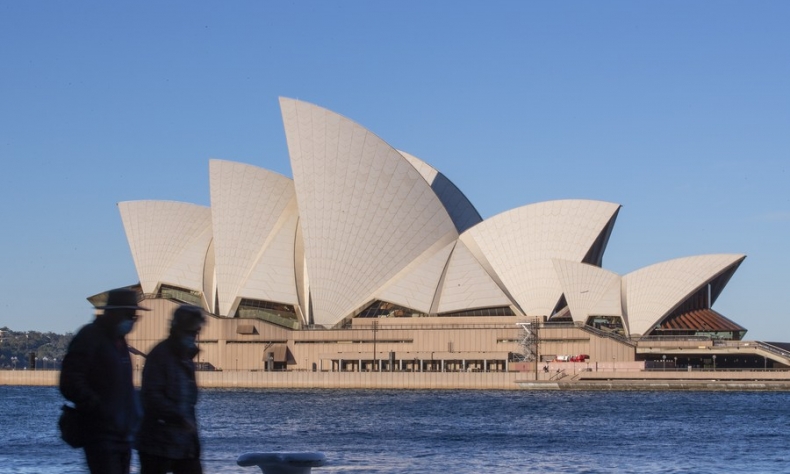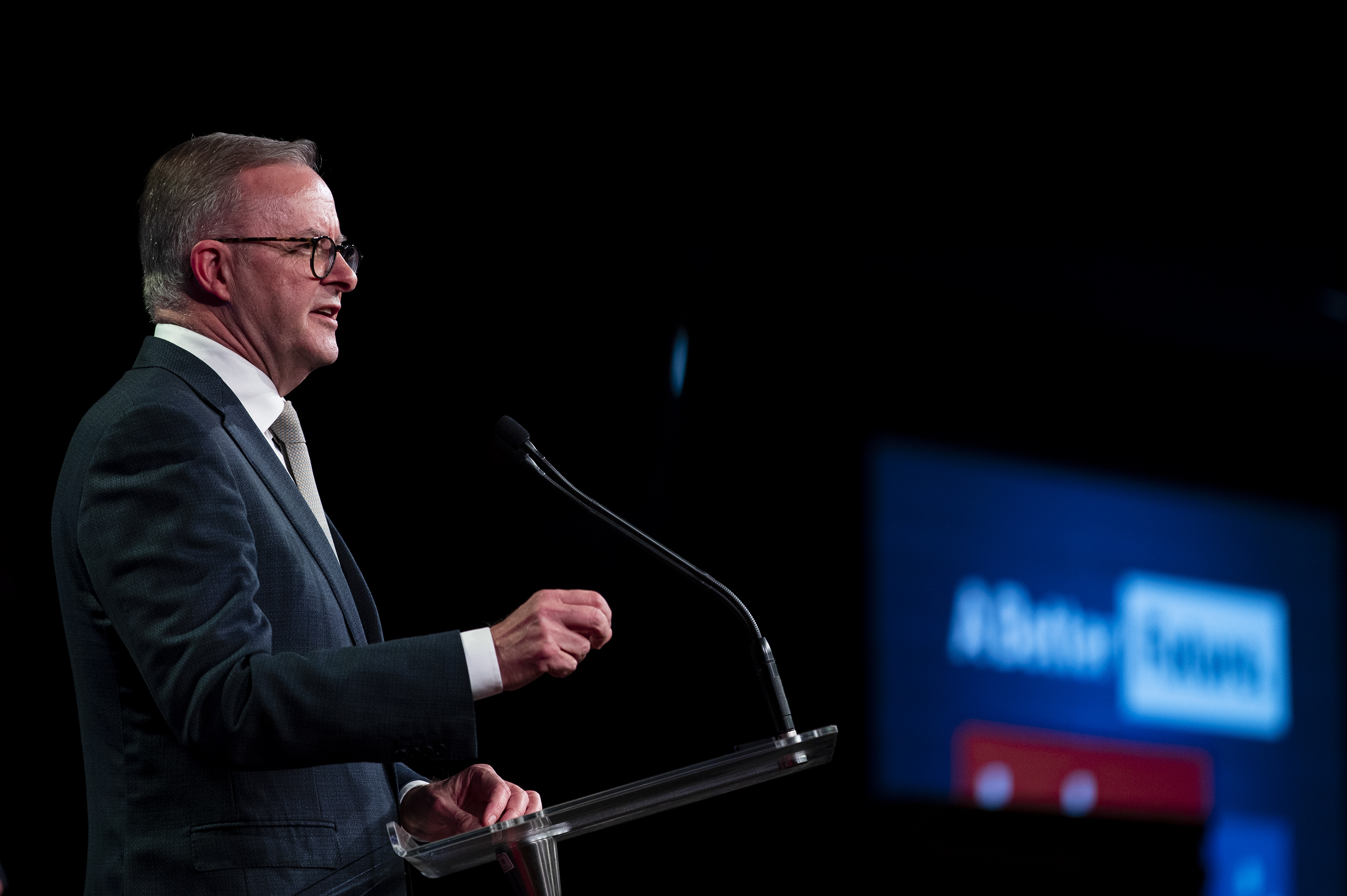Australia’s New Government Can Offer a New Start

The new Labor government will not be as rhetorically provocative toward China as its predecessors were. This gives China-Australia relations the opportunity to not perhaps warm per se, but certainly stabilize and start functioning again in an orderly manner.
Last week, Anthony Albanese of the Labor Party was sworn in to become Australia’s 31st prime minister following his victory in the Australian Federal Election. He defeated Scott Morrison who led the Liberal-National coalition. The victory ends a near decade of power by the Liberals, who had become increasingly unpopular among the public.
Morrison’s government had also overseen a huge deterioration in ties with China, its largest trading partner, amidst its overwhelming focus on following the political agenda of the United States. This had led people to question if a Labor government could possibly repair this damage, and to what extent can relations improve?
Firstly, it is the practical reality that Australia’s closest foreign policy partner has and always will be the United States. When I met former Labor Prime Minister Kevin Rudd at Oxford University, who is warmer toward China than many Australian politicians, he remarked quite unapologetically that he is “pro-America.” This is how things are.
As a result, one should expect Australia’s foreign policy fundamentals to remain consistent. The country will continue to be a lynchpin of America’s Indo-Pacific strategy and continue to advocate its order in the broader region. Therefore, its continued advocation of a series of initiatives, such as the Quadrilateral Security Dialogue (Quad) and AUKUS, will also continue unabated.
However, this does not mean everything ought to be negative. The new Labor government will not be as rhetorically provocative toward China as its predecessors were. This gives China-Australia relations the opportunity to not perhaps warm per se, but certainly stabilize and start functioning again in an orderly manner. This will open the door for resolutions to multiple problems.

First of all, it gives room for a diplomatic reset between the two countries, whereas talks and dialogue with Scott Morrison’s government had largely been cut off. This will provide an opportunity for trade disputes between the two countries to be resolved, with China continuing to be Australia’s largest single export market.
Secondly, new opportunities for negotiations will open up in view of China’s application to become a member of the Comprehensive Progressive Trans-Pacific Partnership (CPTPP) trade agreement, which Australia is already a part of. This will be a pivotal moment in putting China-Australia relations back on a functional track.
Australia will therefore remain, irrespective of ideological and geopolitical considerations, an important strategic partner for China. A new government may not be a game-changer in the state of relations, but it is certainly the fresh start that both countries have been seeking.
On Canberra’s behalf, the country must come to learn, live with, and ultimately manage a rising China, rather than espousing longstanding fears and civilizational exceptionalism against Asian people. Ultimately, the reality is that both countries share the same geopolitical region, and therefore it has been inevitable over the past few decades that they have pursued a process of economic integration. It is undesirable for both countries to make each other effective enemies, as each has a lot to lose if this path continues.
In this case, the China-Australia relationship ought to shake off the incompetence and disastrous legacy of the previous Australian government and return to a mature, predictable, and stable status quo. Not every difference can be resolved, but diplomacy is above all about certainty, predictability, honesty, and compromise.
 Facebook
Facebook
 Twitter
Twitter
 Linkedin
Linkedin
 Google +
Google +







